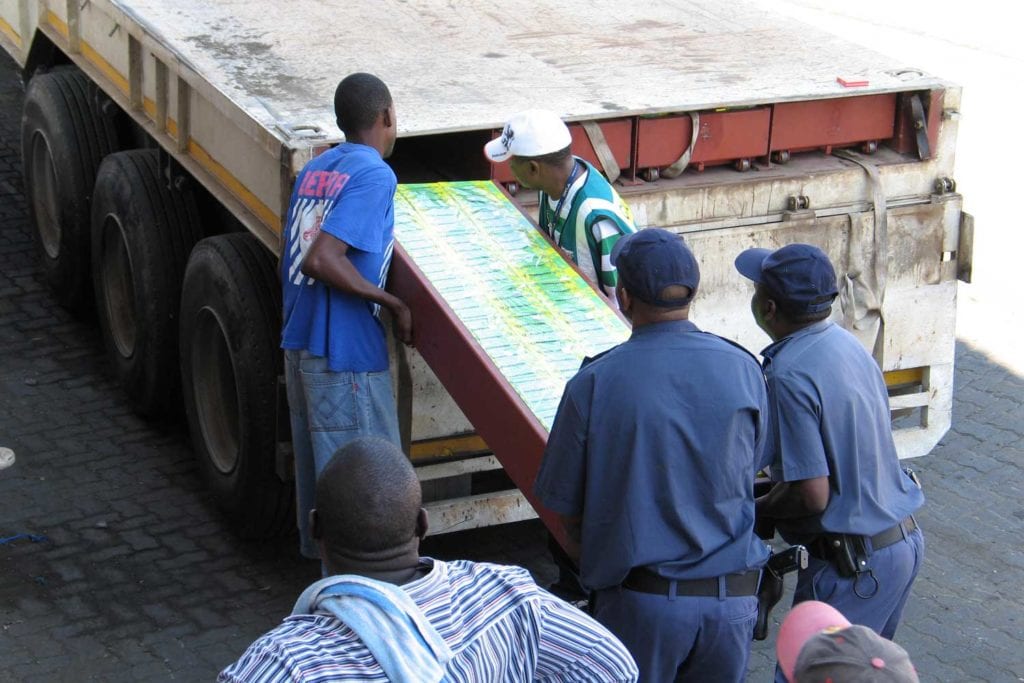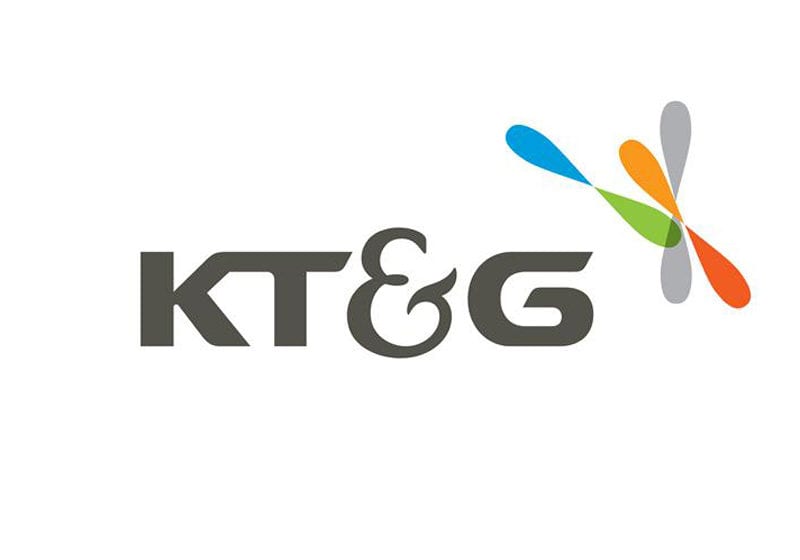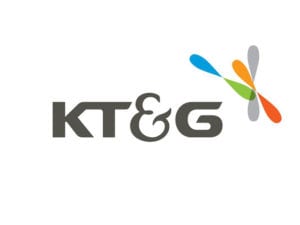
British American Tobacco South Africa (BATSA) is calling for an urgent inquiry into the country’s booming illicit cigarette market.
In some provinces, three out of every four retail outlets are selling a pack of 20 cigarettes below the minimum collectible tax rate (MCT) of ZAR20.01 ($1.30), according to a recent study by Ipsos.
The market research company found brands registered to Gold Leaf Tobacco Corp. to comprise half of all products selling below the MCT. Brands registered to Carnilinx were the next most prevalent, being identified as the cheapest brands on sale in 16 percent of the nationally representative sample of retailers visited, with 48 percent of these selling Carnilinx brands at below the MCT.
“These results are outrageous,” said BATSA general manager Johnny Moloto in a statement. “Even allowing for some of these purchases being stolen, smuggled or counterfeit stock, the sheer volume and range of brands available suggests that some manufacturers must be complicit in the sale of these products—whether through omission or active facilitation. There is no other plausible explanation.”
These results are outrageous.
Johnny Moloto
“South Africa urgently needs an uncompromising, comprehensive investigation into all players in the industry,” Moloto said. “We need a Commission of Inquiry as well as rapid enforcement by SAPS and SARS.”















 KT&G will hold its 34th annual general meeting (AGM) of shareholders on March 19, 2021, at 10 a.m. Korea Standard Time.
KT&G will hold its 34th annual general meeting (AGM) of shareholders on March 19, 2021, at 10 a.m. Korea Standard Time.


